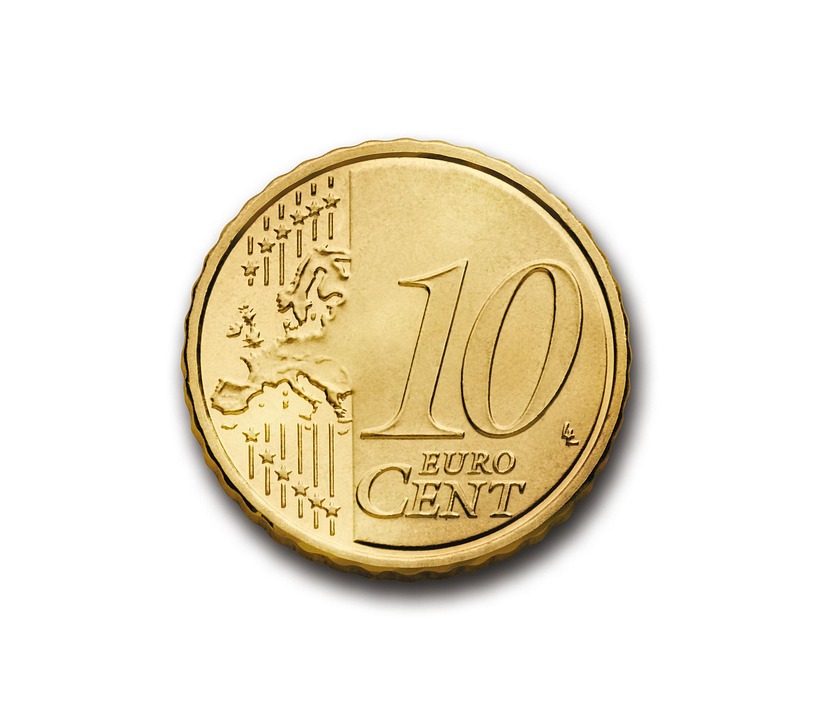Essential Resume Template for Revenue Managers: Boost Your Career in the Hospitality Industry
In the vibrant world of hospitality, a revenue manager stands at the helm of financial strategy and operational efficiency. Crafting a compelling resume is paramount for those looking to make their mark in this competitive arena. Here’s how to structure your resume to stand out, showcasing not just your skills but also your achievements in a manner that resonates with potential employers.
1. Contact Information That Speaks Volumes
Your contact details should be straightforward yet professional. Include your full name, phone number, and a polished email address. Consider adding a LinkedIn profile; this not only showcases your experience but also your professional network. Ensuring that your contact information is easy to find can set the tone for the rest of your resume.
2. A Summary That Captivates
Craft a succinct summary that encapsulates your professional journey. This is your elevator pitch, so make it count. Highlight your years of experience, key achievements, and unique selling points. For instance, if you’ve successfully increased revenue by a specific percentage or implemented a cost-saving strategy, mention it here. A well-crafted summary should entice the reader to delve deeper into your credentials.
3. Relevant Skills That Shine
Highlighting your skills is crucial, but specificity is key. Rather than generic terms like "communication" or "leadership," consider including more targeted skills such as "dynamic pricing strategies," "market analysis," and "forecasting." Tailor this section to reflect the job description of the position you’re applying for, ensuring that it aligns with the expectations of potential employers.
4. Professional Experience That Tells a Story
List your work experience in reverse chronological order. Each entry should include your job title, the name of the organisation, and the dates of your employment. Focus on achievements rather than mere responsibilities. Use bullet points to articulate your contributions succinctly. For instance, “Increased room revenue by 20% through strategic pricing adjustments and market analysis” is far more impactful than “Responsible for pricing strategies.”
5. Education and Certifications That Empower
Your educational background is foundational. List your degrees, relevant certifications, and any specialised training. In the hospitality sector, certifications like Revenue Management Certification from recognised institutions can set you apart. If you’ve attended workshops or completed online courses that enhance your knowledge, include those as well.
6. Additional Sections That Add Value
Consider incorporating sections that demonstrate your commitment to the industry. This might include memberships in professional organisations, participation in industry conferences, or even volunteer work related to hospitality. These details enrich your profile and reflect your dedication to continuous improvement in your field.
7. A Personal Touch
A brief personal statement or a section about your interests can humanise your resume. Whether it’s a passion for culinary arts, travel, or sustainability in hospitality, sharing a bit of your personality can forge a connection with potential employers. Just ensure it remains professional and relevant.
The art of resume writing for revenue managers lies in the details. By employing a structured yet dynamic format, you can effectively convey your expertise and enthusiasm for the hospitality industry. Remember, your resume is often the first impression you make; ensure it reflects the best version of you.
CVPortal continues to bring you a variety of high-quality resume references, helping you craft the perfect document to elevate your career in the hospitality industry.


